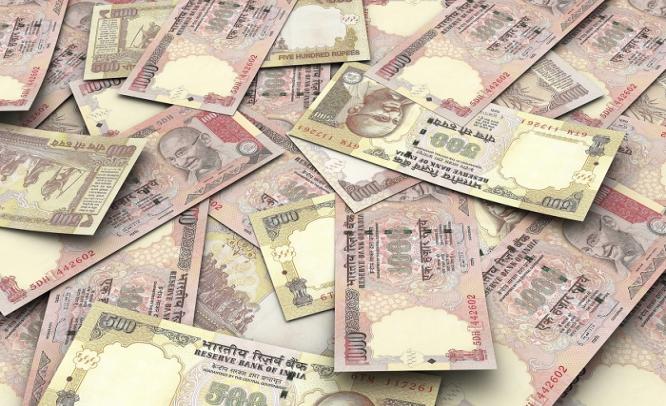Aims to counter corruption, counterfeiters and people who avoid taxes
IFM Correspondent
November 9, 2016: Most of India is confused and in a state of panic after Prime Minister Narendra Modi announced on November 8 that 500 and 1000 rupee notes will no longer be accepted as legal tender. They will be replaced by new currency of Rs 500 and Rs 2,000 denominations.
The move is a bold initiative by the government to fight corruption, counterfeit currency and unaccounted money.
The Reserve Bank of India (RBI) cited the abnormal rise in fake currencies of higher denominations and also high denominations facilitating black money circulation as the reasons for the move. India is cash based economy and this measure needed to be taken to control the rising incidence of fake notes and unaccounted money.
RBI governor Urjit Patel assured Indians that there has been no breach in security of the existing notes, but the fake notes in circulation look similar and could be difficult to identify by untrained eyes.
The announcement took India by surprise. However, the RBI had six months to prepare for this task. The information was kept highly confidential with only the finance minister and four senior officers aware of what was to come.
The implications of this announcement are huge. The people who will be affected the most are those who have hoarded money avoiding taxes and terrorists who are circulating fake currency. But even the general public will have to suffer on account of this move as they might not be able to meet their immediate needs.
Demonetisation of 500 and 1,000 rupee notes will compel people into using legal channels and consequently increase the amount of taxes in the hands of the government.
Arundhati Bhattacharya, chairman of the country’s largest lender State Bank of India, said demonetisation of high value notes won’t be a problem as the bank has done it before. “We have just now been advised of the government move to demonetise the current series of Rs 1,000 and Rs 500 notes. We have handled demonetisation earlier and will do so again,” she stated.
As a result of this ban, there has been a rise in the use of plastic money and a surge in demand for gold. Venkatesh Babu, owner of Venkateshwara Jewellery explains, “Many people now have more confidence in gold, which is driving up the demand of the precious commodity. People will start buying gold ornaments.”
The general consensus among businesses and bankers is that this measure will be beneficial to the economy in the long run, but might cause inconvenience to Indians in the next few days.

